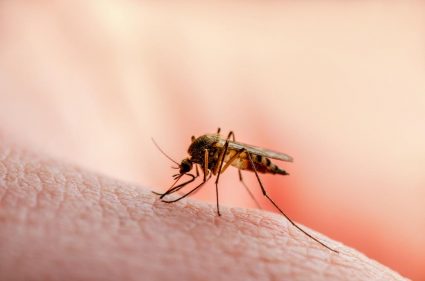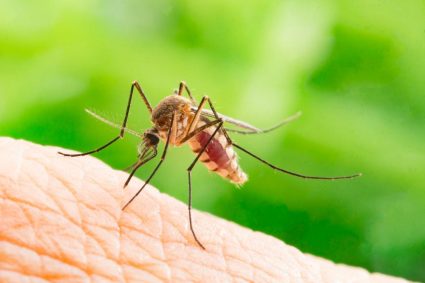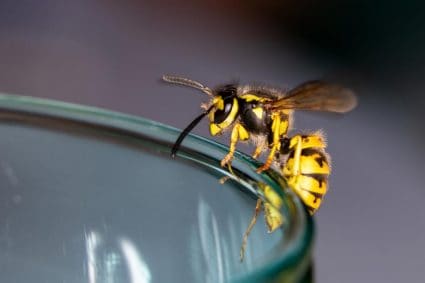
Keeping chipmunks out of your garage can be a challenge, especially if you live in an area where these small, agile creatures are common. Chipmunks are attracted to garages for their warmth, shelter, and potential food sources. However, they can cause considerable damage by gnawing on wires, undermining foundations, and contaminating food sources. In this comprehensive guide, we will discuss the most effective ways to keep chipmunks out of your garage.
To keep chipmunks out of your garage, make the area less appealing by maintaining cleanliness, removing food sources, and sealing any potential entry points. Use natural or commercial repellents and consider setting up live traps if necessary. Regularly monitor for signs of chipmunk activity and maintain these preventative measures to ensure your garage remains chipmunk-free.
Recognizing a Chipmunk Infestation
Before taking action, it’s essential to identify the signs of a chipmunk infestation. Common indicators include:
- Chew marks on various items, such as wires, insulation, and stored belongings.
- Holes and burrows around your garage, typically 2 to 4 inches in diameter.
- Scratching and squeaking sounds emanating from your garage.
- Seed piles under or near bird feeders.
- Regular chipmunk sightings around your garage or property.
Making Your Garage Less Appealing
To deter chipmunks from your garage, you need to make the environment less appealing to them. Here are some strategies you can implement:
- Cleanliness is key: Chipmunks are attracted to cluttered spaces where they can hide and store food. Organize your garage, remove unnecessary items, and regularly clean the area to reduce hiding spots.
- Use repellents: Apply natural repellents like cayenne pepper, mothballs, or peppermint oil around the garage to make the environment unpleasant for chipmunks. Commercial repellents like Rodent Defense Spray or electronic repellents that emit ultrasonic waves can also be highly effective.
- Seal entry points: Inspect your garage for any cracks, holes, or openings that chipmunks can use to enter. Seal these entry points with caulking, mesh, or other materials.
- Modify the surrounding habitat: Make your yard less appealing to chipmunks by removing food sources like bird feeders, fallen fruits, and nuts.
- Set up live traps: If chipmunks are already present in your garage, consider using live traps to capture and relocate them humanely.
Utilizing Effective Tools and Materials
Several tools and products can help keep chipmunks away from your garage. Some of these include:
- Coffee grounds: Spread these around your garage, as the strong smell can repel chipmunks.
- Cat litter: The scent of a predator may scare chipmunks away.
- Peppermint oil: Spray diluted peppermint oil around your garage to deter chipmunks.
- Mothballs: These contain naphthalene, which is toxic to chipmunks.
- Wire mesh: Install this around your garage to prevent chipmunks from entering.
- Cayenne pepper: Sprinkle this around the perimeter of your garage and on shelves to deter chipmunks.
Regular Monitoring and Maintenance
To ensure that your garage remains chipmunk-free, regularly inspect the area for signs of chipmunk activity. Maintain the cleanliness of your garage and regularly check and replace repellents. If any chipmunks are trapped, relocate them promptly to prevent them from attracting other chipmunks.
In conclusion, keeping chipmunks out of your garage involves a combination of cleanliness, repellents, sealing entry points, and regular monitoring. By implementing these strategies, you can ensure that your garage remains a chipmunk-free zone.
Frequently Asked Questions
What other natural repellents can I use to deter chipmunks?
Apart from the ones mentioned in the article, you can also use garlic and vinegar. Chipmunks dislike the strong smell of these substances. You can soak cotton balls in vinegar or garlic oil and place them in areas where chipmunks are likely to enter.
How often should I replace or reapply repellents?
The frequency of replacing or reapplying repellents depends on the type of repellent and the weather conditions. Generally, natural repellents like cayenne pepper or peppermint oil should be reapplied every few days or after a rain. Commercial repellents usually provide guidelines on the product label.
Are there any specific live traps you recommend for capturing chipmunks?
The Havahart Small Live Catch Animal Trap is one of the most popular and effective traps for small creatures like chipmunks. It’s humane, easy to set up, and has a sensitive trigger to ensure successful capture.
Can chipmunks pose any harm to humans?
While chipmunks are generally not aggressive towards humans, they can carry diseases like Lyme disease and Rabies. Therefore, it’s advisable to avoid direct contact and use gloves when handling live traps.
What should I do if the chipmunk infestation persists even after implementing these strategies?
If the chipmunk infestation persists, it’s best to consult with a professional pest control service. They have the expertise and resources to handle persistent or severe infestations effectively.











